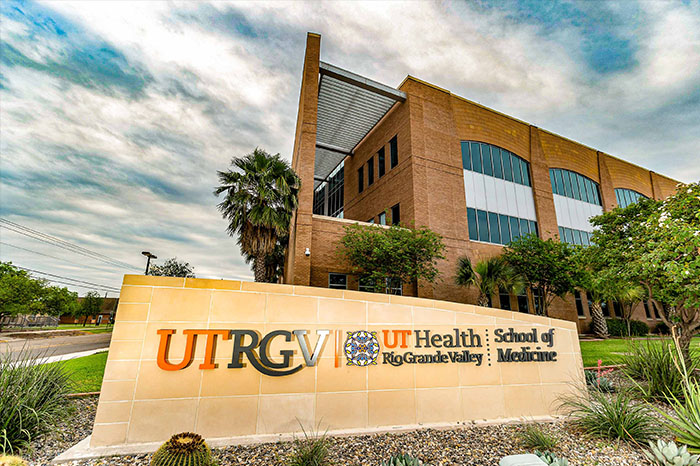UTRGV medical school obtains more than US$17 million to expand opportunities for resident physicians

TEXAS – Opportunities for resident physicians at the University of Texas Rio Grande Valley School of Medicine (UTRGV) will expand thanks to a US$17.5 million grant from the Texas Higher Education Coordinating Board.
The funding covers the 2024-2025 academic year and will bolster the expansion of the UTRGV School of Medicine’s Graduate Medical Education (GME) programs by offering new residency options within the community.
The School of Medicine’s goal is to increase its resident training capacity by the 2025 academic year with additional programs in multiple new specialties.
Chelsea Chang, associate dean of the School of Medicine’s GME programs, emphasized the importance of the School’s GME programs.
The School of Medicine’s GME programs offer advanced academic medicine and continue to shape the future of medical education through five distinct pillars such as Innovative Education; Life-Changing Research and Discovery; High-Quality Patient-Centered Care; Community Service; Sustainability and Entrepreneurial Culture.
Chang said UTRGV’s GME programs are notable for their collaborative approach, with several programs established through partnerships between the UTRGV School of Medicine and hospitals throughout the Valley. These programs train resident physicians in a variety of specialties and contribute significantly to improving the region’s healthcare landscape.
The School of Medicine has maintained its accreditation as a sponsoring institution for eight fully accredited Academic Council on Graduate Medical Education (ACGME) programs.
Based on those ACGME programs, resident physicians receive residency and fellowship training at Valley hospitals such as Rio Grande Regional Hospital in McAllen, Valley Regional Medical Center in Brownsville, Valley Baptist Medical Center in Harlingen and Knapp Medical Center in Weslaco.
Dr. Michael Hocker, dean of the UTRGV School of Medicine, said support from the Texas Higher Education Coordinating Board to enable the expansion of UTRGV’s GME programs has been instrumental in the development of new programs and specialty offerings.
The US$17.5 million grant marks a pivotal moment for the School of Medicine to reaffirm its commitment to advancing medical education and health services in South Texas, he said.
